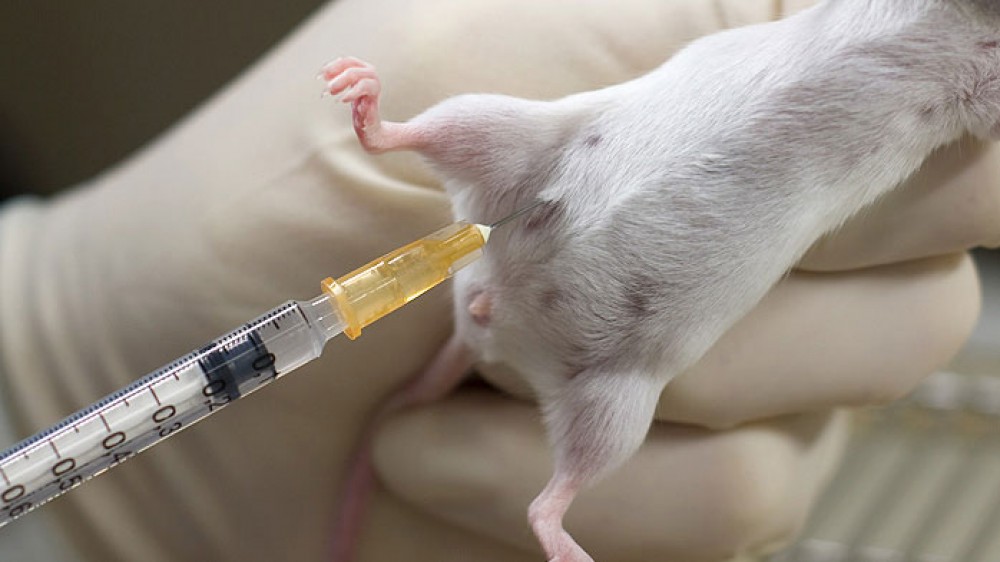The British Pharmacological Society (BPS) and partner organisations have launched a new curriculum for undergraduate and taught Masters education on the use of research animals. The NC3Rs is pleased to be supporting this cross-sector initiative.

The British Pharmacological Society (BPS) and partner organisations have launched a new curriculum for undergraduate and taught Masters education on the use of research animals. The NC3Rs is pleased to be supporting this cross-sector initiative.

Three awards totalling £219,339 have been made in the 2018 NC3Rs Skills and Knowledge Transfer funding competition.
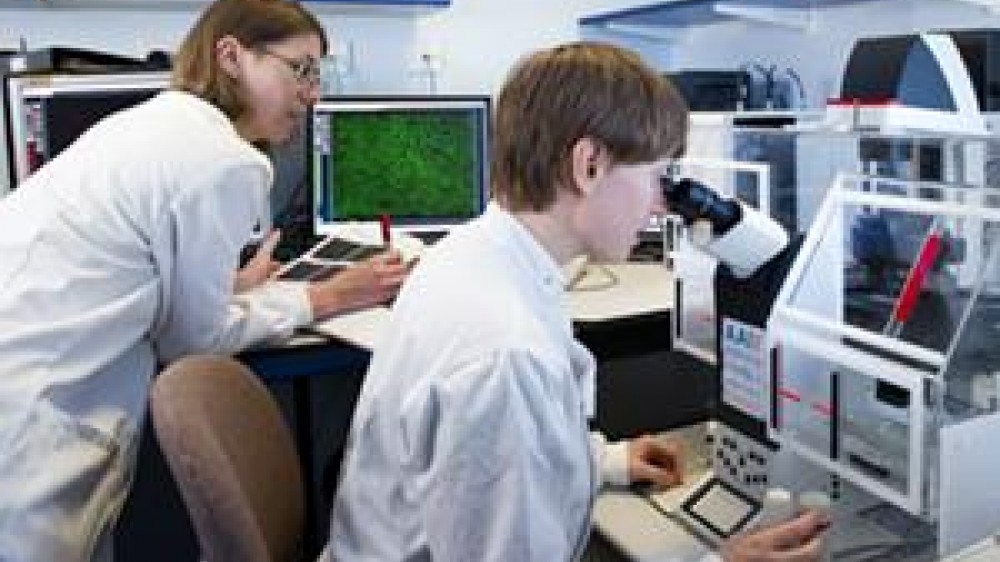
Today, AstraZeneca has signed a strategic agreement with Emulate, a leading Organ-Chip company, to accelerate the application of these technologies in their drug discovery programmes.
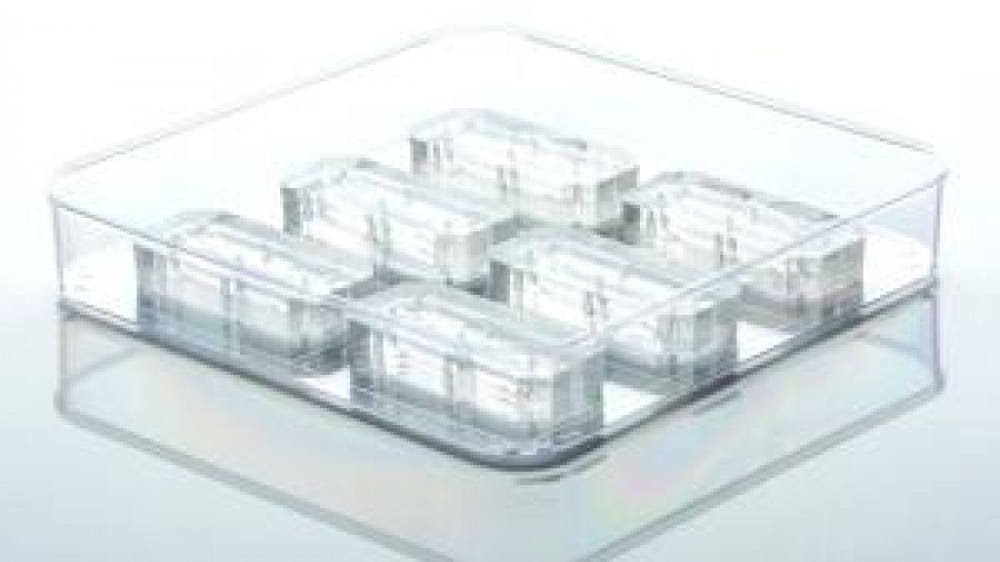
Launching today, the NC3Rs Gateway is a new publication portal on the F1000Research publication platform dedicated to the 3Rs, featuring methodology articles, reviews and source data that describe in detail how the use of animals in research can be
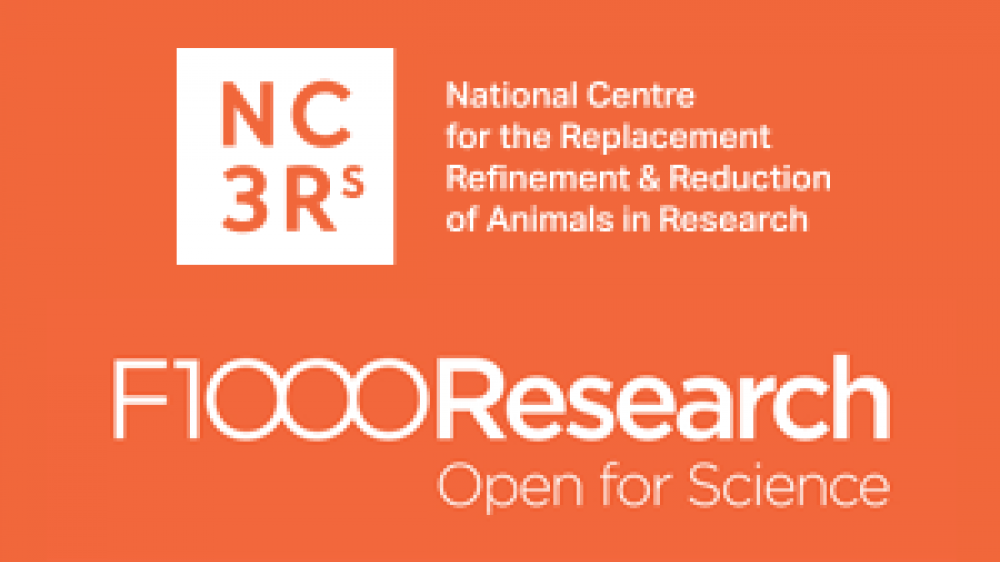
In February 2018, Dr María Duque-Correa, a David Sainsbury Fellow based at the Wellcome Sanger Institute, visited Colombia with a special mission: to ‘hunt’ the parasitic whipworm.
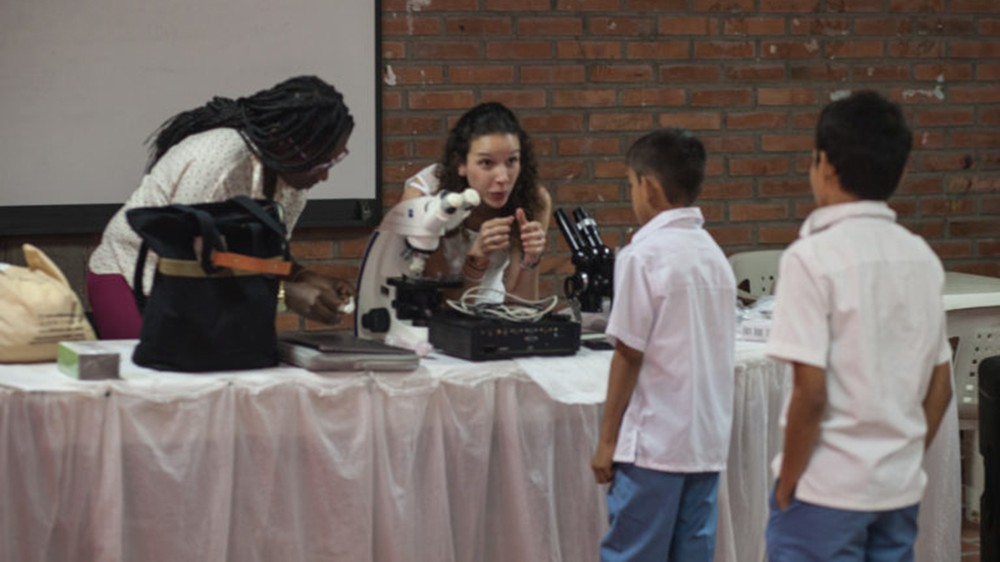
The NC3Rs is once again sponsoring public engagement events around the UK as part of this year's Pint of Science festival.

Work on an in silico model that predicts cardiotoxicity more accurately than animal studies has won the 2017 3Rs Prize, awarded by the NC3Rs and sponsored by GSK.
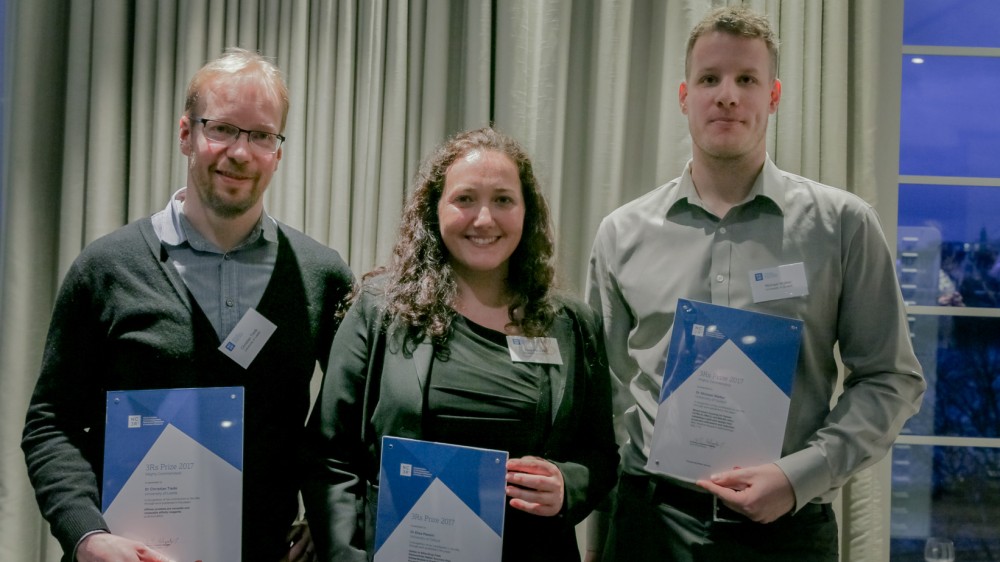
To celebrate International Women’s Day 2018, we are highlighting a number of female researchers at different career stages, including NC3Rs grant holders, whose fantastic work across a broad range of disciplines is helping advance the 3Rs in the UK
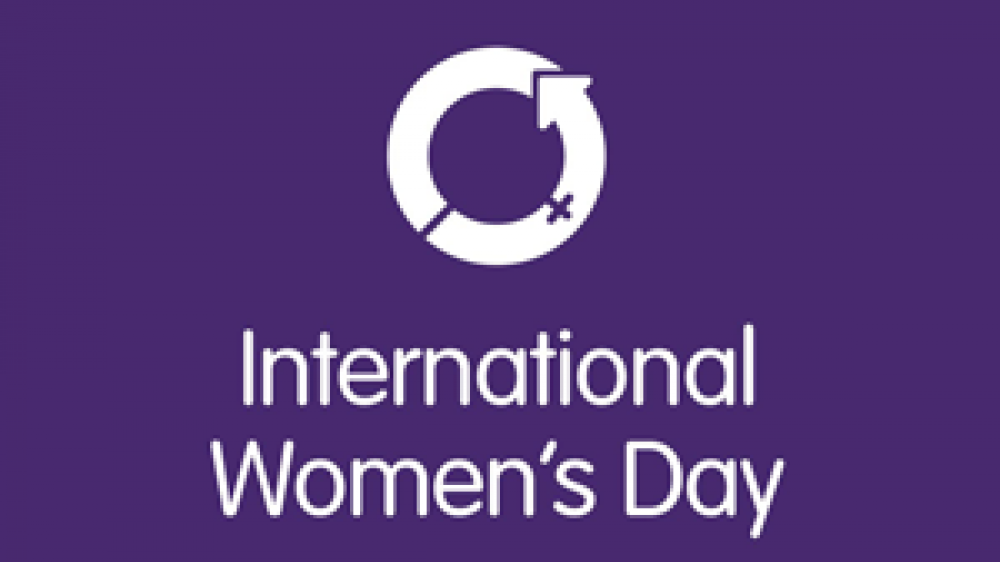
Seven teams have been awarded funding in the 2017 CRACK IT Challenge competition, which brings together industry, academia and SMEs to develop marketable products or improve business processes that will have a significant 3Rs impact.

Researchers at Newcastle University have found that picking up laboratory mice by the tail makes them less responsive to reward, suggesting a more depressive-like state compared to mice handled using a tunnel1. This finding adds to previous studies
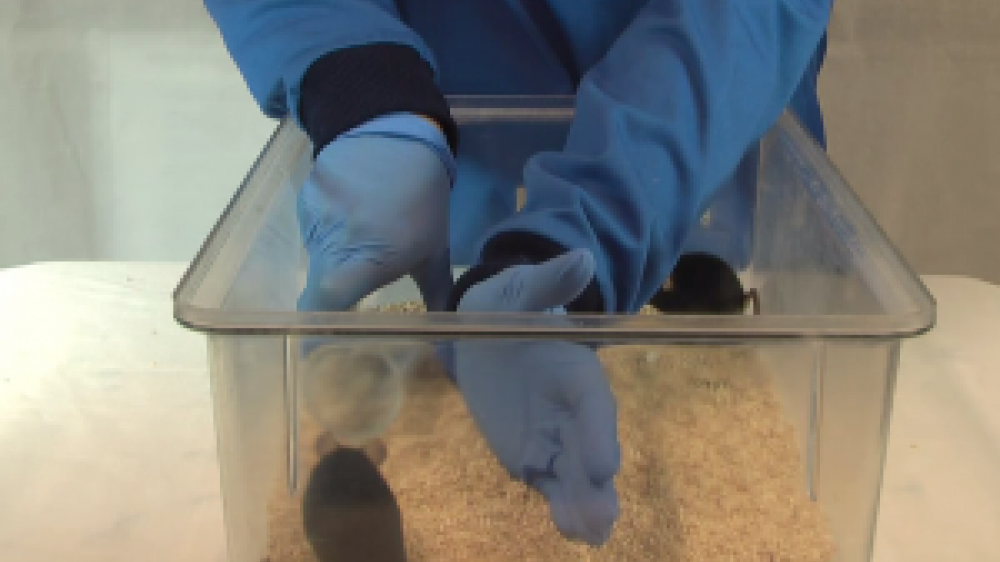
In late 2016 the NC3Rs recruited two Regional Programme Managers, Dr Kamar Ameen-Ali and Dr Emma Stringer.

We are pleased to announce four new NC3Rs Fellowships, a commitment of just over £730,000, awarded to support 3Rs research in a range of disease areas.
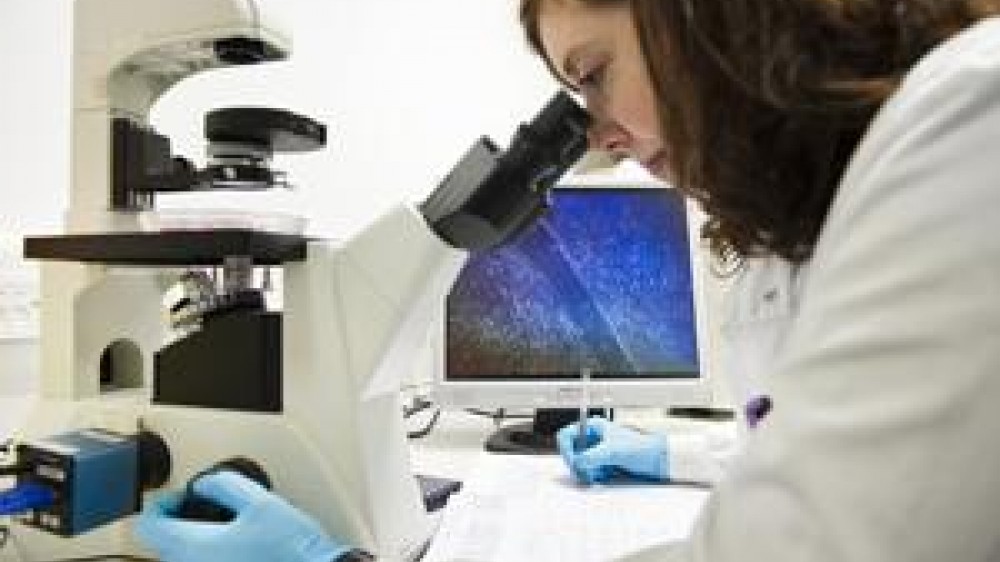
Researchers from the Universities of Birmingham and Oxford, funded by the NC3Rs, have developed a new self-structuring model of bone tissue in vitro that can be used instead of experiments on live animals to study bone formation and maturation
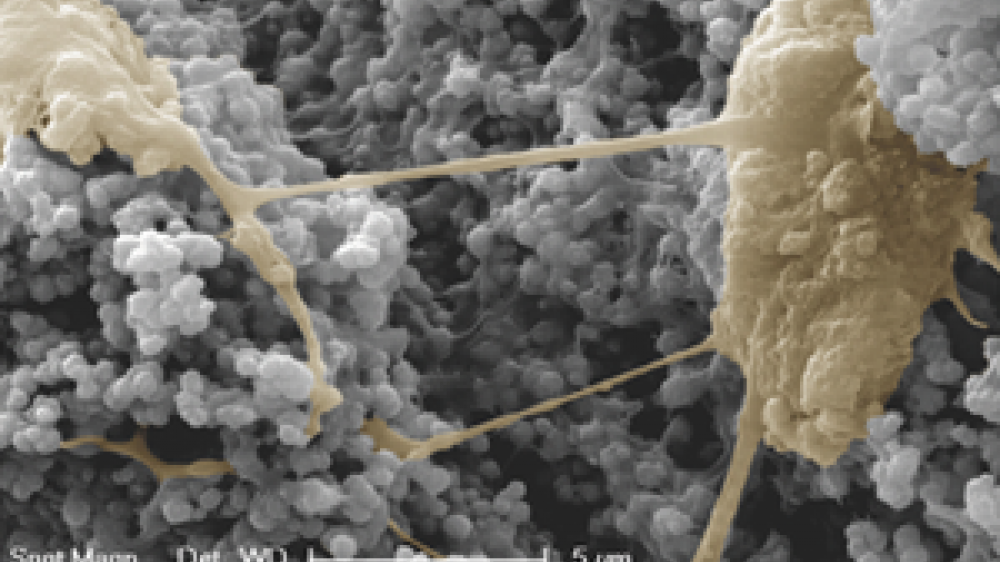
We are pleased to announce that Professor Paul Garside, Dr David Lovell and Professor Jon Timmis have joined the NC3Rs Board.

2017 was a busy year for the NC3Rs – as well as being our Year of Laboratory Rodent Welfare, we undertook a number of initiatives to advance the 3Rs, forging new partnerships, developing guidelines for best practice and continuing to fund the
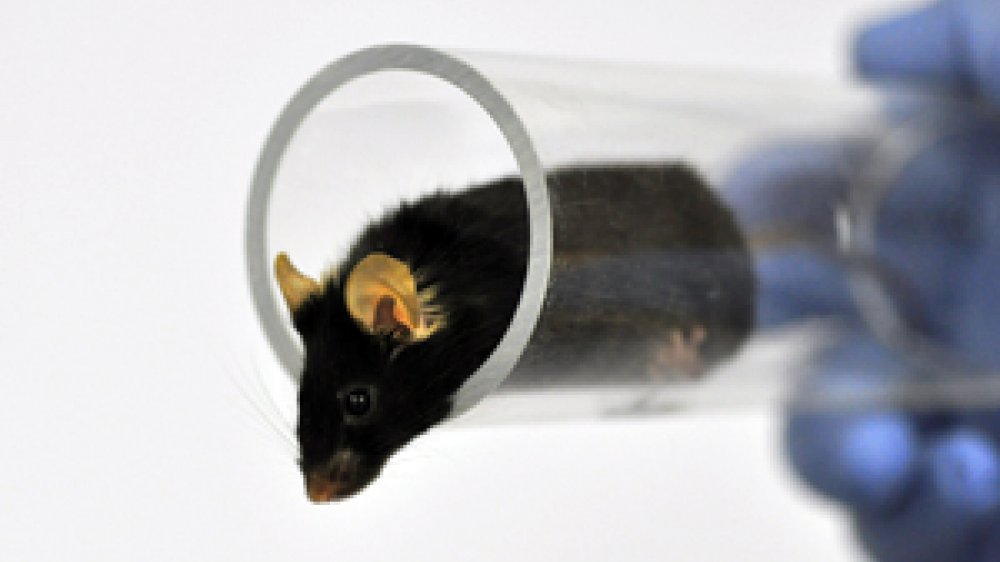
How rat tickling can improve welfare.
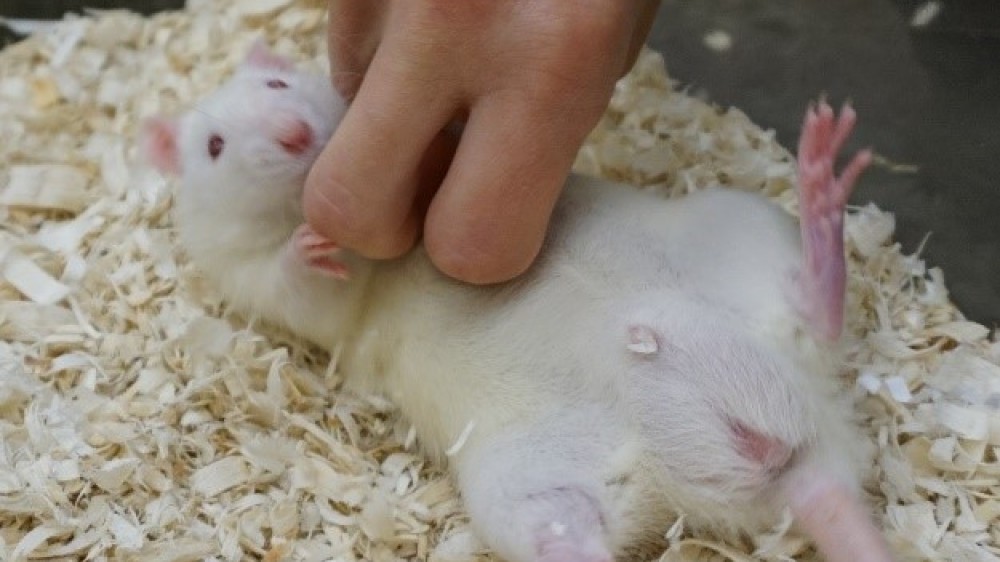
Previous research by Dr Mike Emerson at Imperial College London, funded by the NC3Rs, has developed a refined mouse model for studying thrombosis.
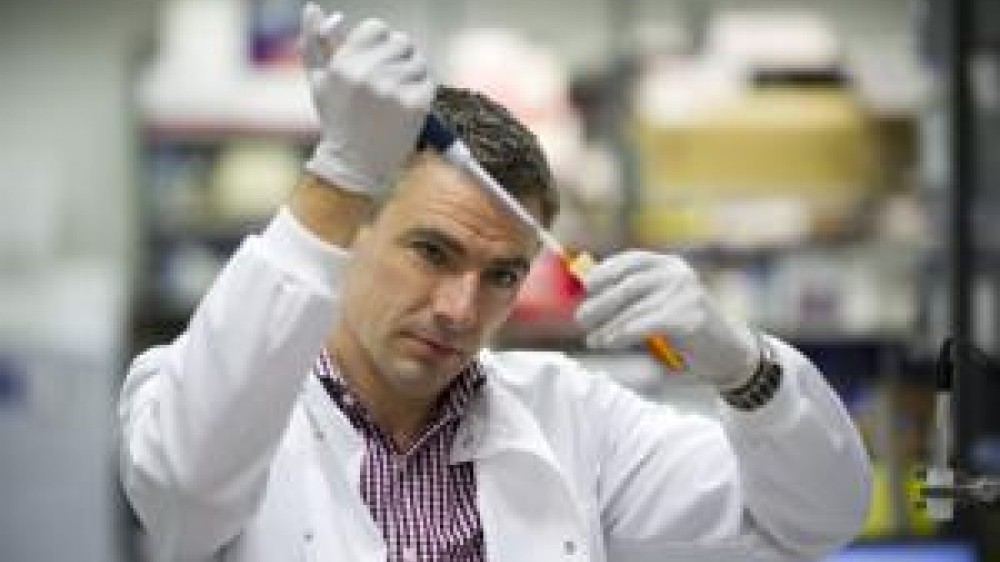
In this blog post, Dr Mark Prescott, Director of Policy and Outreach, and Dr Nathalie Percie du Sert, Head of Experimental Design and Reporting, reflect on their involvement in the recent 8th International Conference of the Laboratory Animal

Two recently published papers co-authored by NC3Rs staff members have explored the application of the 3Rs to research and safety testing involving non-human primates (NHPs).

Our recent guest blog post is from Dr Lucy Whitfield, Royal Veterinary College, and Dr Sally Robinson, AstraZeneca, who cover the topic of reusing hypodermic needles in day-to-day practice.
